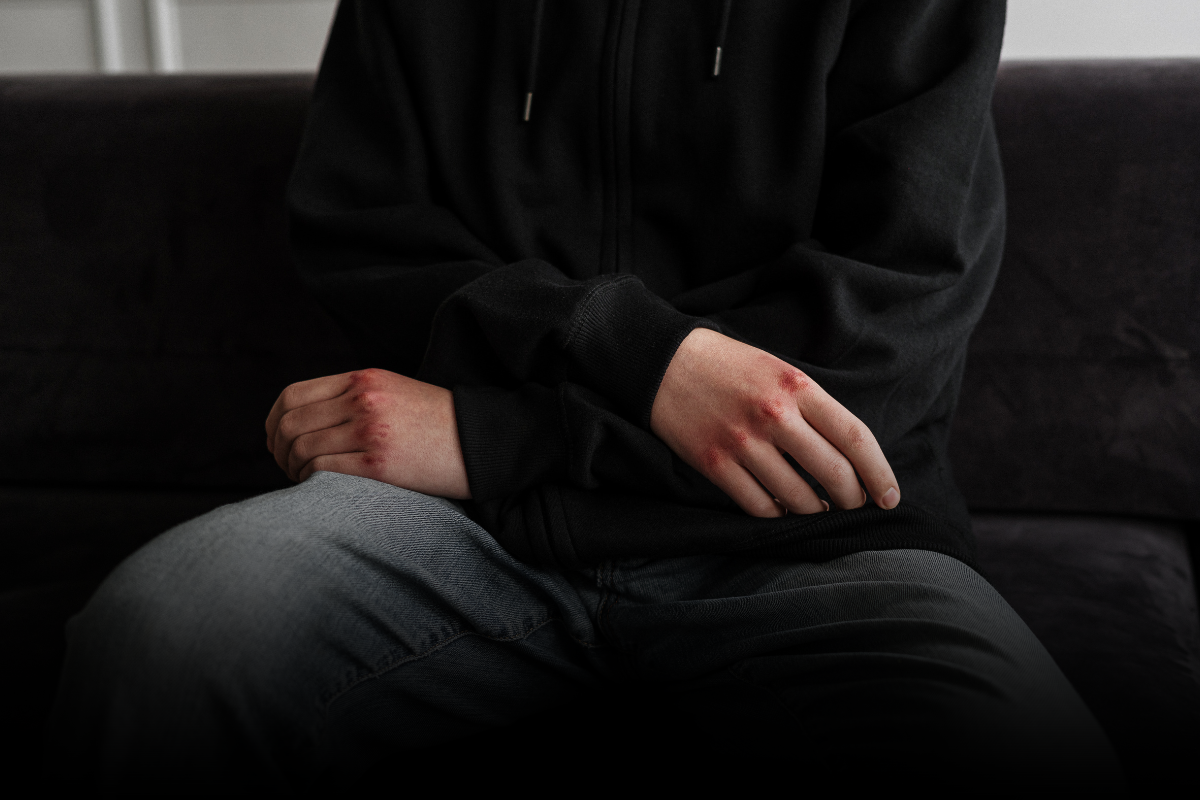Introduction
A drug trafficking charge in Minnesota is one of the most serious criminal accusations you can face. These charges often come with mandatory prison sentences, steep fines, and long-lasting consequences—even for a first-time offender. But despite the severity of the accusation, it is possible to beat a drug trafficking charge with the right legal strategy and representation.
At Martine Law, we fight aggressively to protect our clients’ rights and freedom. This guide will walk you through how drug trafficking charges work in Minnesota, common defenses that can be used, and what steps you should take immediately after being charged.
What Is Considered Drug Trafficking in Minnesota?
Under Minnesota Statute § 152.01 – § 152.0262, drug trafficking is not just about selling illegal substances. You can be charged with trafficking based on:
- Possession of large quantities of drugs
- Transportation of controlled substances
- Manufacture or cultivation
- Distribution or intent to sell
What makes trafficking different from simple possession is quantity. If the amount of drugs in your possession crosses a statutory threshold, prosecutors can charge you with trafficking even if you never sold or planned to sell anything.
Common Drugs Involved in Trafficking Charges
- Marijuana
- Cocaine
- Methamphetamine
- Heroin and opioids (fentanyl, oxycodone)
- Prescription drugs
Even if the drugs were mixed with other substances, the total weight counts toward the trafficking charge.
You can find Minnesota’s drug scheduling system on the Revisor of Statutes website.
Penalties for Drug Trafficking in Minnesota
Drug trafficking offenses in Minnesota are categorized as first-degree controlled substance crimes, which carry:
- Up to 30 years in prison
- Mandatory minimum sentences (depending on quantity)
- Fines ranging from $1,000 to $1,000,000
- A felony record that can affect your life forever
For example, possessing 25 grams or more of heroin can result in a minimum sentence of 86 months (over 7 years) even on a first offense.
The stakes are extremely high, which is why mounting a solid defense is critical.
What to Do Immediately After Being Charged
- Do not talk to police: Anything you say can and will be used against you.
- Contact a criminal defense attorney: You need someone who understands Minnesota’s drug laws inside and out.
- Do not post about the case online: Prosecutors can use social media posts as evidence.
- Gather any documentation or evidence: Receipts, text messages, and witness information can all help your defense.
- Avoid talking to co-defendants: Communication may be monitored and used against you.
Contact Martine Law immediately if you or a loved one is facing trafficking charges.
Common Defenses to Drug Trafficking Charges
There is no one-size-fits-all defense. Every case is different, and your lawyer will choose a defense based on the facts. However, here are some of the most common and effective defenses used to fight drug trafficking charges in Minnesota:
1. Illegal Search and Seizure
Law enforcement must follow strict guidelines when searching your home, vehicle, or body. If your Fourth Amendment rights were violated—such as a warrantless search or no probable cause—your lawyer can file a motion to suppress the evidence, which may lead to the charges being dropped.
2. Lack of Possession or Control
Just being near drugs doesn’t mean you possessed them. The prosecution must prove that you had knowledge and control over the substance. If drugs were found in a shared vehicle or apartment, this defense can be particularly useful.
3. Entrapment
If a police informant or undercover officer pressured or induced you into committing a crime you otherwise would not have, it may be considered entrapment. This defense is often used when the government oversteps its authority during a sting operation.
4. Weight Disputes
Drug trafficking charges hinge on the weight of the substance. If the weight is near the statutory threshold, your attorney can request an independent lab test. A lower weight may result in reduced charges or even a case dismissal.
5. Lack of Intent to Distribute
Even if large quantities of drugs are involved, proving intent to distribute is not always straightforward. Your attorney can argue that the drugs were for personal use, especially if there is no evidence of packaging, scales, or large sums of cash.
Pretrial Diversion or Plea Agreements
While not common in trafficking cases due to mandatory minimums, some first-time offenders may qualify for diversion programs, especially if the amount is borderline or if the case has mitigating circumstances.
Alternatively, your lawyer might negotiate a plea bargain that reduces the trafficking charge to a lesser offense like possession, helping you avoid mandatory prison time.
Working with a Criminal Defense Attorney
Beating a drug trafficking charge is not something you can do alone. Prosecutors in Minnesota are aggressive, and they pursue these cases with everything they’ve got.
A skilled defense attorney will:
- Review the evidence and police procedures for errors
- Identify weaknesses in the prosecution’s case
- File motions to suppress illegally obtained evidence
- Represent you during negotiations and trial
- Protect your constitutional rights every step of the way
At Martine Law, we’ve helped clients beat or reduce serious drug charges with strong legal defense strategies.
Collateral Consequences of a Trafficking Conviction
Even after prison, a trafficking conviction can impact your life in other ways:
- Loss of professional licenses
- Trouble finding employment or housing
- Ineligibility for public benefits or student loans
- Possible immigration consequences if you are not a U.S. citizen
Avoiding a conviction—or reducing it to a lesser charge—can help you protect your future beyond the courtroom.
Final Thoughts
A drug trafficking charge doesn’t have to define your future. With a strong legal defense and the right representation, you may be able to avoid prison, reduce your charges, or have your case dismissed altogether.
Whether the police violated your rights, overcharged your case, or misunderstood the facts, Martine Law is ready to fight for you.



